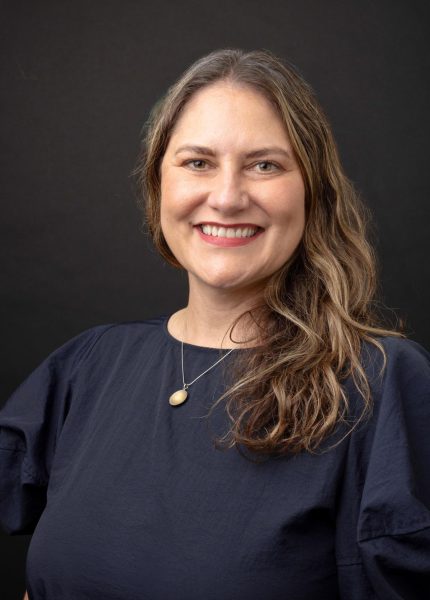ELHS Addresses Preventing Abuse in Female Sports
With abuse rising in female sports nationally, ELHS looks to raise awareness so that female athletes feel supported
JENNIE SHERWOOD & MIKAYLA STAHL
USA gymnasts Simone Biles, McKayla Maroney, Aly Raisman, and Maggie Nichols courageously spoke out against the sexual abuse of Larry Nassar, former USA Gymnastics team doctor on Sept. 15.
Since 1986, when Nassar first joined the USA Gymnastics staff, more than 330 girls have survived abusive actions of Nassar. During recent testimonies, the gymnasts expressed their frustration with the FBI and how allegations were handled. They told their stories and sought justice for what happened.
Abuse can happen anywhere, not just on an international platform. At ELHS, the athletic department prioritizes clear communication on appropriate conduct.
“If anything comes up here, we talk about it. You’ll notice that was the number one problem with the USA Gymnastic case. Everyone thought it was normal, and it took them 10
Steve Hargis, Athletic director
years to find out about all of these women.”
Mr. Hargis provides training to make sure that all 65 members of the ELHS coaching staff are trained to prevent any instances of abuse. Before COVID-19, Mr. Hargis brought in Kate Ackerman, a Boston Children’s Hospital physician, to talk about sexual abuses in sports and the dynamic between coaches and athletes.
Girls’ Cross Country coach Mike Flynn talks about his experience coaching female athletes at ELHS:
“On a daily basis, it’s building trust with the athletes so they feel comfortable,” said Flynn. “I just try to be generally supportive of them as people, not just athletes, which seems to make everyone feel safe and able to speak up.”
P.E. classes have a similar setting to sports teams, with teachers and students collaborating in an active way. P.E. teacher Jennifer Carney-Brush gives her input as a female adult responsible for keeping her students safe, and a mom of ELHS athletes.
“For me, as a mom, a teacher, and a past coach, my biggest goal is for girls to feel good about themselves. I feel that we just have to keep encouraging open communication here and reminding students and coaches of what is healthy for their teams.”
Ms. Carney-Brush
Female athletes at ELHS addressed their experiences with coaches and how comfortable they would feel if anything ever happened to them.
“If I was abused, I expect that the school would do everything they can to make sure it doesn’t happen again,” said senior lacrosse and cross country runner Sydney Sager. “They have to acknowledge it, because things like this are ignored all the time and forgotten. We do have to be on the lookout for this problem.”
The USA gymnastics team failed to prevent abuse from escalating over the course of decades. The ELHS athletic department, however, is committed to confronting any issues head-on.
“I would expect if athletes don’t feel comfortable with their coach, they would come talk to me,” said Mr. Hargis. “It’s my role to help support the athlete if that ever happens. We try to mitigate these issues and make the female athlete population feel they’re in a place they belong.”
Your donation will support the student journalists of East Lyme High School. Your contribution will allow us to purchase equipment and cover our annual website hosting costs.

